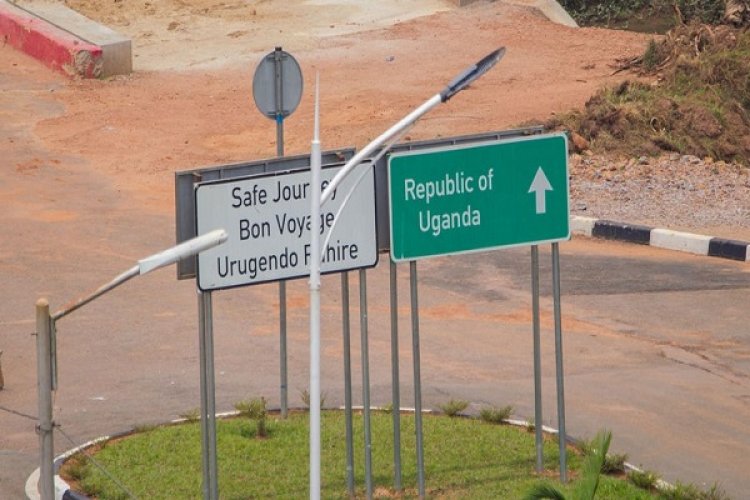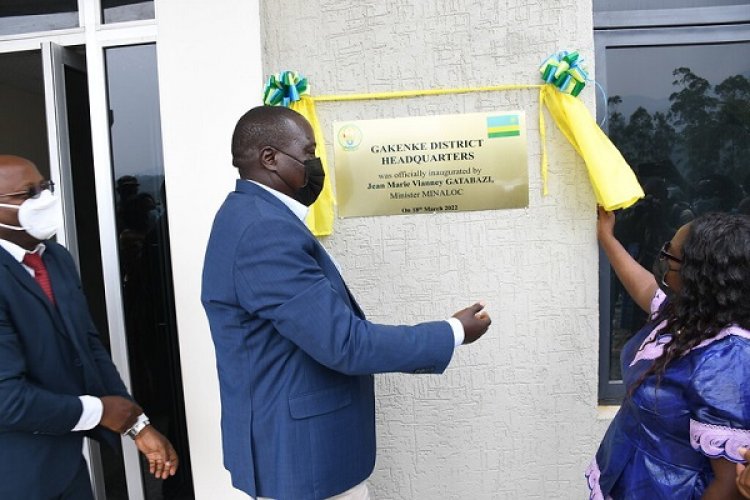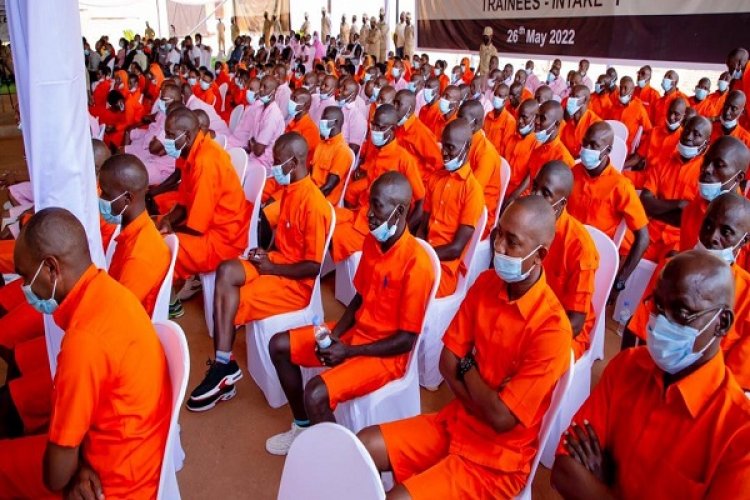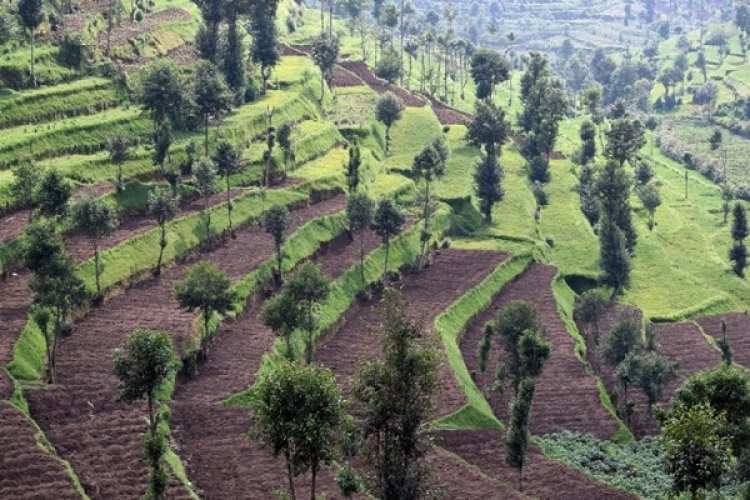Rwanda has reported both zero Covid-19 related deaths and hospitalization over the past weeks just as new infections dropped to record level since late last year.
The country has recorded two covid-19 related fatalities since March 1, from 13 deaths the previous month. Monthly virus linked fatalities averaged 200 around mid-last year.
The country recorded 1,459 deaths since the pandemic struck in March 2020.
Covid-19 treatment centers in the country have been nearly empty or converted to other uses as there is only one hospitalized case since April 9.
Rwanda health ministry Covid-19 data show the last patient was admitted on April 2. There were five patients in total. Four of them were subsequently discharged after recovery.
The gains in fighting Covid-19 enabled government to reopen the economy by removing nearly all the restrictions including curfew and reopening of land borders after two years.
The country has made strides in vaccination coverage with over 8.2 million (68 per cent) of the population having received two doses as at April 19.
Not out of the woods yet
The World Health Organisation (WHO) data suggest that the Rwanda’s Covid-19 situation is no different across the African continent. All countries have seen new virus infections and deaths falling at record levels for the past 16 weeks and eight weeks respectively.
With the virus still circulating, the risk of new and potentially more deadly variants emerging remains, and the pandemic control measures are pivotal to effective response to a surge in infections.
Dr. Matshidiso Moeti, WHO Regional Director for Africa
“Currently, no country is witnessing COVID-19 resurgence,” WHO said in a statement dated April 14.
WHO Regional Director for Africa Dr Matshidiso Moeti, however, urges the countries on the continent to remain vigilant citing concerns over possible resurgence and new variants.
“With the virus still circulating, the risk of new and potentially more deadly variants emerging remains, and the pandemic control measures are pivotal to effective response to a surge in infections.”
The UN health organization anticipates that with the cold season approaching in the southern hemisphere in June through August, there is a high risk of another wave of new infections.
Risks would be higher in countries that are easing COVID-19 measures such as surveillance, quarantine , and public health protocols such as mask-wearing and restrictions of mass gatherings.










